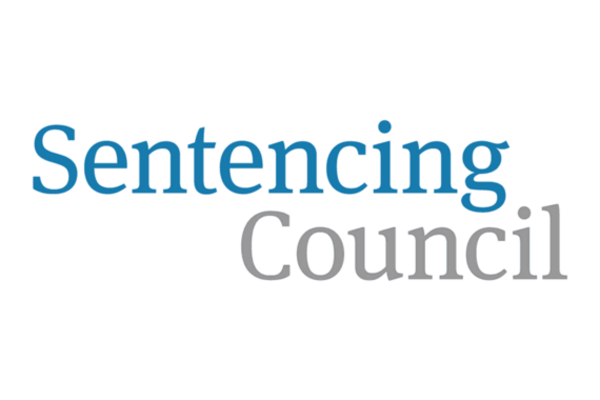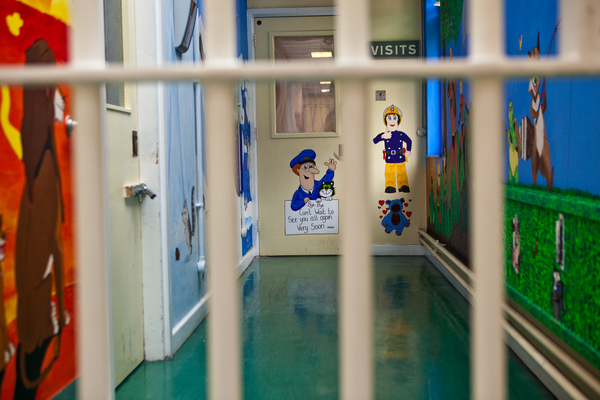We welcome the publication of the NHS England and HMPPS review of health and social care in women’s prisons, which highlights the significant, urgent issues to be addressed in the provision of consistent, appropriate, gender-specific and trauma-informed health and social care to women in the prison system.
It is certainly damning, but not surprising, that this report finds the prison environment is experienced as unfit for purpose both by women and those providing health and social care services to them. We believe it is dangerous to assume that changes delivered in this current system could adequately address the risks it poses to women and their children. Instead, the MoJ, HMCTS and HMPPS should fundamentally review the use of such an environment for women, in line with the goals of the Female Offender Strategy. This should start with ending the imprisonment of pregnant women and mothers of infants in all but the most exceptional circumstances.
It is also vital that investment is made in wider services in the community, including appropriate mental health provision, to reduce women’s criminalisation linked to unmet health and social care needs; enhance community-based alternatives to custody; and drastically improve the support provided to women after release from prison. This goes beyond health and social care, and includes housing, domestic abuse services, and specialist support for those with insecure immigration status. There is a central role for Integrated Care Systems and others in supporting a Whole System approach for women and girls.
While we are glad that this report has finally been published, it is important to question the amount of time it has taken to get to this point, and therefore the distance from much of the evidence and insight that shaped it. Some things have improved, others have worsened. As such, it is crucial that significant resource and time is now committed to exploring how best to deliver improved outcomes against the eight main findings, and the corresponding strategic recommendations, as well as many other issues highlighted in the detail of the review. We at Birth Companions look forward to being part of that work, which will rely on transparency and sustained scrutiny of the system and its impact on the outcomes of women and their children.
For further comment, or to discuss the review further, please get in touch with Kirsty Kitchen.





